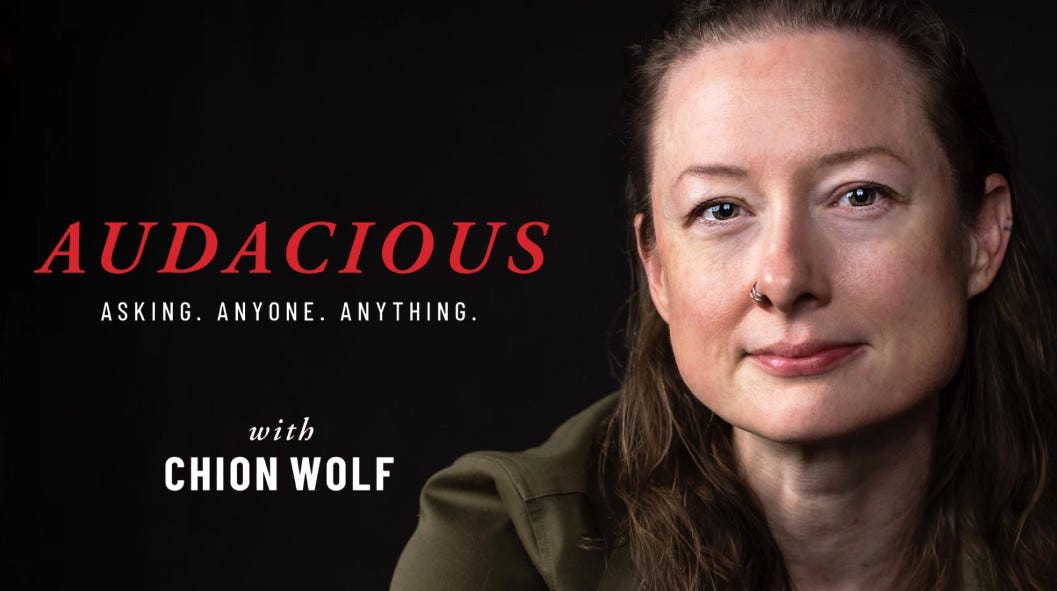All right guys, the interview is posted, and here is the link to the show’s website:
Beyond the Mask: Conversations with Psychopaths
This show and the extended interview that Chion decided to include were recorded over three separate sessions over the last few months, the final one being yesterday. James Fallon was also interviewed for this show, so you will be able to hear from him as well.
I am listening to his segment now, and have found a couple of things that he said that I will be thinking over and writing about in the next little while. I do find it interesting that he has changed his thoughts about what he terms himself. Prior to hearing this interview, he always called himself a “borderline psychopath”, but now he seems to be using the term, “prosocial psychopath” which I believe was coined by Kevin Dutton. He also seems to be making the separation between psychopathy and antisocial traits. I would guess that a conversation about the differences in his mind would certainly be interesting.
Anyway, I will keep listening and see what comes of listening to his perspective and how it may provide me something to consider deeper. Based on listening to him I think that there is still a difference in how he experiences things versus how I do. Perhaps “borderline psychopath” is still an accurate term, especially considering that he says he experienced OCD and anxiety when he was younger such as a teenager, though I have wondered if that was more the effect of suddenly having testosterone in his system, and trying to learn how to integrate that into his life. I imagine that testosterone and its added aggression might make a person feel on edge in some form or another. Then again, I am not a man, so what the hell do I know?
Here is the link to the interview on Spotify:
Beyond the Mask: Conversations with Psychopaths
Though you can listen to it on any of the other options provided on the show’s main page. Here is also the link to the extended conversation that Chion posted:
BONUS: Extended conversation with Athena Walker, writer and clinically-diagnosed psychopath
Let me know if you guys have any questions
Edit:
Chion has graciously offered to answer any questions you may have regarding the interview. Let me know if you have any for her, and if you would prefer they be answered in the comments section, or in a question thread.


I really enjoyed this. The interviewer asked solid questions and allowed you time to consider and answer fully. Interviews can be very ‘top line’ at times so I was relieved that wasn’t the case here.
I thought the emotional coding of memories was interesting. When I remember a holiday for example, it’s so vivid I can almost hear the sea! I can take myself right back to where I was and look around the scene again. You’re right that bad memories are a reliving of the event again and the emotion for me will be as raw as it was on the day it happened. There’s no dimming or lessening effect for me emotionally. I find it difficult to imagine having a memory without an emotional code, but as you say, in terms of bad memories this is a definite upside.
Is your memory on the whole accurate or, are there gaps in your memory do you think?
Given that when a person leaves, you don’t think about them again unless prompted to do so, it makes me wonder if comparatively, memories will be lost, periods of time linked to that person might also be lost. If I thought of emotions as the anchors for my memories and you don’t have these anchors then I’d next look to people as a possible way to anchor the memory but it doesn’t sound like this would be the case either. What do you think anchors your memories to prevent them from being lost?
Halfway through the extended interview!! I like how I can take a concept from something y’all briefly talk about and I can apply it directly to what’s going on in my life.
I think the most important one so far is the “living in the moment.” If you don’t start with making sure you’re living in the moment, your motivations and choices will be drastically different and you will live a life that you might’ve not maximized the total time spent happy and content. That is powerful.
Thank you for doing this and sharing!